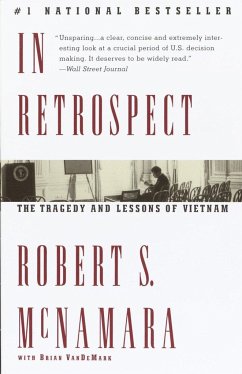
Defeat
Napoleon's Russian Campaign
Übersetzer: Townsend, J David
Versandkostenfrei!
Versandfertig in 2-4 Wochen
22,99 €
inkl. MwSt.

PAYBACK Punkte
11 °P sammeln!
In the summer of 1812 Napoleon gathered his fearsome Grande Armée, more than half a million strong, on the banks of the Niemen River. He was about to undertake the most daring of all his many campaigns: the invasion of Russia. Meeting only sporadic opposition and defeating it easily along the way, the huge army moved forward, advancing ineluctably on Moscow through the long hot days of summer. On September 14, Napoleon entered the Russian capital, fully anticipating the Czar's surrender. Instead he encountered an eerily deserted city—and silence. The French army sacked the city, and by Octo...
In the summer of 1812 Napoleon gathered his fearsome Grande Armée, more than half a million strong, on the banks of the Niemen River. He was about to undertake the most daring of all his many campaigns: the invasion of Russia. Meeting only sporadic opposition and defeating it easily along the way, the huge army moved forward, advancing ineluctably on Moscow through the long hot days of summer. On September 14, Napoleon entered the Russian capital, fully anticipating the Czar's surrender. Instead he encountered an eerily deserted city—and silence. The French army sacked the city, and by October, with Moscow in ruins and his supply lines overextended, and with the Russian winter upon him, Napoleon had no choice but to turn back. One of the greatest military debacles of all time had only just begun. In this famous memoir, Philippe-Paul de Ségur, a young aide-de-camp to Napoleon, tells the story of the unfolding disaster with the keen eye of a crack reporter and an astute grasp of human character. His book, a fundamental inspiration for Tolstoy's War and Peace, is a masterpiece of military history that teaches an all-too-timely lesson about imperial hubris and its risks.













